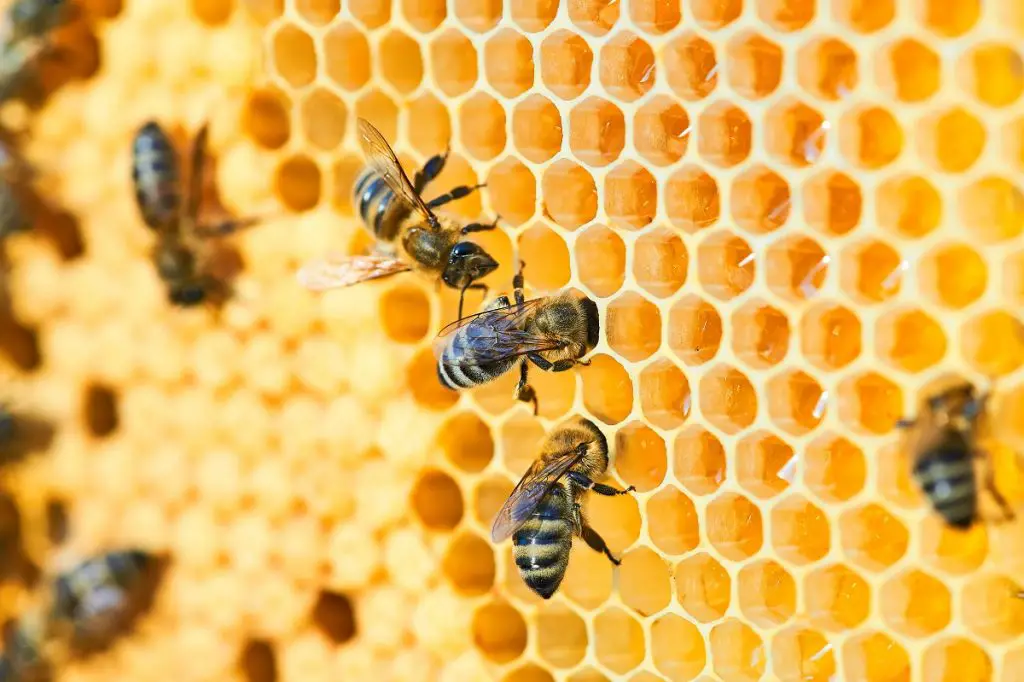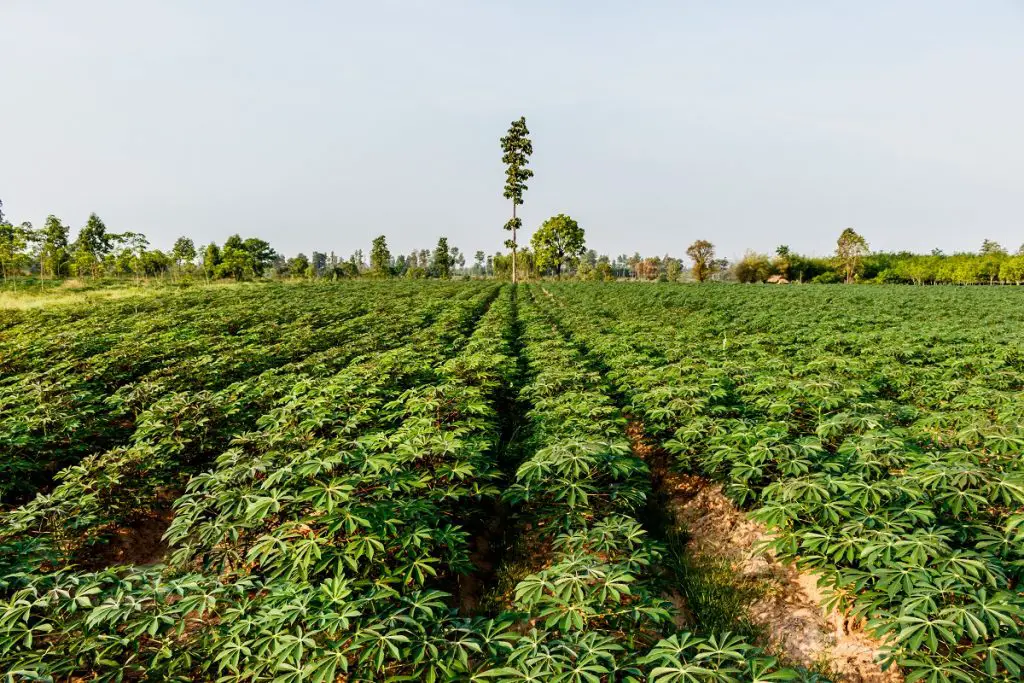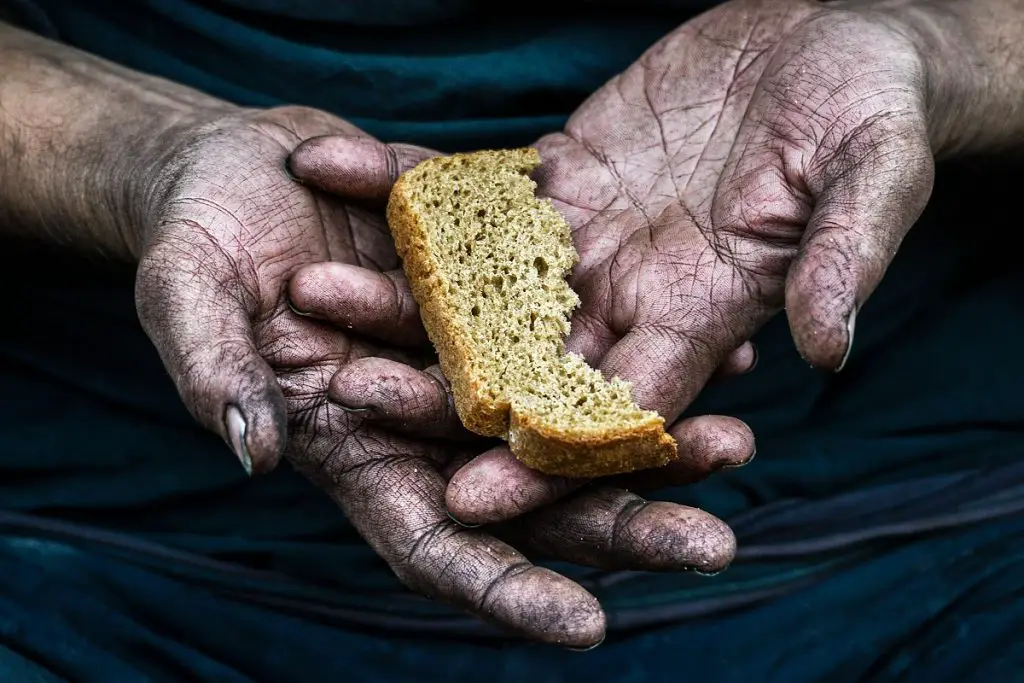- Youth Unemployment in Kenya: The Role of Vocational Training
- New $900,000 initiative aims to boost sustainable trade in Tanzania
- Organization of the Petroleum Exporting Countries’ (OPEC) pride in its African roots
- AIM Global Foundation pushes for stronger Gulf-Africa trade partnerships
- Investment opportunities in South Sudan’s emerging gold industry
- Family planning drive in Kenya gets 450,000 self-injectable contraceptive doses from UK
- AfDB commits $2 billion to revolutionise clean cooking in Africa, save forests
- The harsh realities of family laws for African women revealed
Month: June 2020
With such an initiative, smallholder farmers who suffer the brunt of inadequate resources can be prepared in readiness for planting no matter the season.…
The grasp of the Coronavirus has been unrelenting; like the grim reaper, it continues its deadly march around the economies of the world, sucking the soul of one sector after another, leaving a trail of death and destruction.
The flower industry has not been left unscathed, being one of the hardest hit sectors. Plummeting revenues have been the plight of flower farmers, who have been disposing of blooms meant for export that have been wilting by the day. Covid-19 has upended the flower industry and crushed consumer demand in the international market, incurring a net-loss of well over Ksh.8 billion (US$74.7 million) in just a month, with daily losses reported to be amounting to Ksh.20 million (US$187.0 thousand). Direct sale orders have plunged to below 35%, placing the livelihoods of both the 150,000 direct dependents and across the value chain, to the over four million, who indirectly …
Africa’s food security is dependent on reliable harvests from smallholder farmers who make up a large percentage of the food sources on the continent.…
The African fashion industry is hanging on by a thread and stitch, as it continues to suffer plummeting revenues in the wake of the Covid-19 pandemic, swiftly thrusting it into economic distress. According to the research group Euromonitor, the apparel and footwear industry is cumulatively estimated to be worth $31 billion. However, the vibrant industry is teetering on the edge of a precipice, with a plethora of challenges that have brewed up a storm, with rippling effects across the supply chain due to its interconnected nature. Covid-19 has just stirred up a hornets’ nest in the industry that was already on high alert.
Prior to the pandemic, the fashion industry was generating $2.5 trillion in global annual revenues, but is set to contract by 27 to 30% in 2020, based on a joint report dubbed ‘The State of Fashion 2020, Coronavirus update’ …
This article aims to highlight the challenges and implications of COVID-19 in the agricultural sector using current industry trends and outcomes to forecast the impact of the pandemic on agricultural value chains and consumer behaviour in the short, medium and long term. Most importantly, however, this report proffers actionable innovations and systems that can be adopted and scaled up to negate the effects of the pandemic on food supplies to urban areas and industrial processors in Nigeria.
WHERE WE ARE NOW:
Short term (1-3months)
- Disruption of supply chains due to inter and intrastate border closures. An example being the pileup of trucks on the Kano-Kaduna road due to shutdowns on what is a key route for national grain distribution.
- The stock of grains does not seem to be hampered but there is a risk it will if the
The practice emphasizes protecting the soil’s top layer which is the most vulnerable to degradation through erosion and leaching.…
Bearish sentiment was the overarching theme in the Kenya equities markets, due to the effects of the Covid-19 pandemic that has made the possibility of a global recession closer to reality. On a year-to-date (YTD) basis, the NSE-20 and NASI have posted negative returns of 24.1% and 15.6%, respectively. Notable out-performers YTD are Barclays ETF Gold (+23.7% YTD), a security whose value is pegged on the value of gold (a safe haven asset), Kenya Airways (+53.7% YTD) on a recent price rally, and Uchumi Supermarkets (+6.9% YTD). All other stocks at the NSE are in the red zone YTD, save for WPP ScanGroup that is at break even.
The bearish market, the ensuing global economic recession coupled with uncertainty around resolution of the Covid-19 pandemic, has shifted investors’ risk appetite to safer assets with the price of the Barclays NewGold ETF rising by about 23.7% this year, following accumulation of …
According to the UN-FAO, the diversity of bees and other pollinators is falling worldwide and Africa is no exception. …
With the continent continually racked with hunger and poverty, Africa could turn around its economy by adopting cassava production.…
Biofortification can mitigate the effects of vitamin A deficiency in people…










